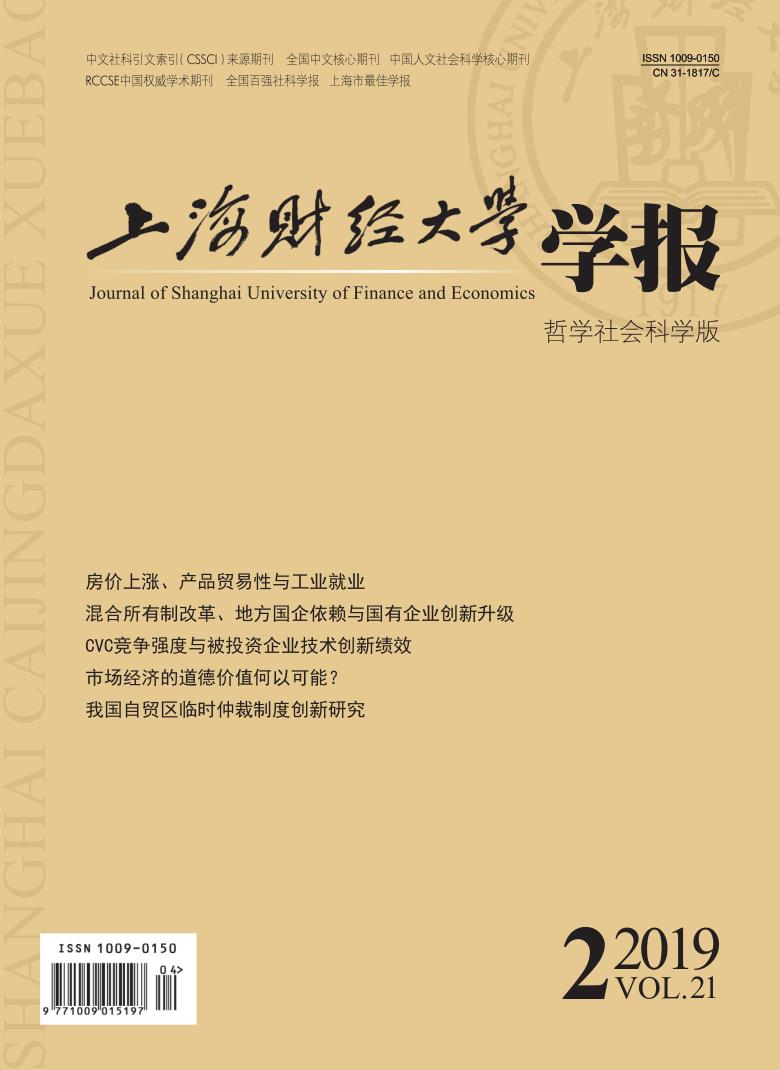Online lending has the characteristics of " high frequency” and " repeated borrowing”. Users often have the demand of refinance, so how to use the information accumulated by the online platform, especially users’ " Behavioral Track” data and " Social Information” data, to dig the high quality and loyal users who have the demand of refinance is very important, which can not only improve the operational efficiency of the online lending platform, but also keep the online lending market stable in the long-term. In this paper, with the XGBoost method, we use the information of 26,000 users from the online lending platform to create a refinance forecasting model. The main conclusions are as follows: (1)To predict whether users refinance in online lending, " hard information” (or personal basic information) provided by users has no signal effect. " Trajectory” information and " social interaction” information are more revealing of the trust signal. (2)Users who actively maintain their personal information and keep good repayment records on the online lending platform are highly likely to apply for loans again. The closer the time when users last modified their personal information, the higher the frequency of user ID application and maximum monthly repayment, the more likely they are to apply for refinance and become loyal users on the online lending platform. (3)Users who follow more friends on the online lending platform, have good social capital and actively maintain their social network relationships, are more likely to apply for loans again. Borrowers build social capital through social network relations of the platform and reveal their own reputation signals to investors. Such users will often refinance and become high-quality customers of the online lending platform. Therefore, the online lending platform can make use of its Internet and big data advantages to strengthen borrowers’ constraint mechanism, enlarge their reputation mechanism, and reduce information asymmetry to improve the online transaction efficiency through data mining.
 / Journals / Journal of Shanghai University of Finance and Economics
/ Journals / Journal of Shanghai University of Finance and EconomicsJournal of Shanghai University of Finance and Economics
LiuYuanchun, Editor-in-Chief
ZhengChunrong, Vice Executive Editor-in-Chief
GuoChanglin YanJinqiang WangWenbin WuWenfang, Vice Editor-in-Chief
Can Behavioral Track and Social Information Predict Whether Online Lending Users will Refinance? An Empirical Analysis Based on Online Lending
Journal of Shanghai University of Finance and Economics Vol. 21, Issue 02, pp. 93 - 105 (2019) DOI:10.16538/j.cnki.jsufe.2019.02.007
Summary
References
Summary
Cite this article
Huang Jing, Miao Shilei. Can Behavioral Track and Social Information Predict Whether Online Lending Users will Refinance? An Empirical Analysis Based on Online Lending[J]. Journal of Shanghai University of Finance and Economics, 2019, 21(2): 93-105.
Export Citations as:
For
ISSUE COVER
RELATED ARTICLES




 6379
6379  11370
11370

